Next the cell displays the protein piece on its surface. Vaccines give you immunity to a disease without you getting sick first.
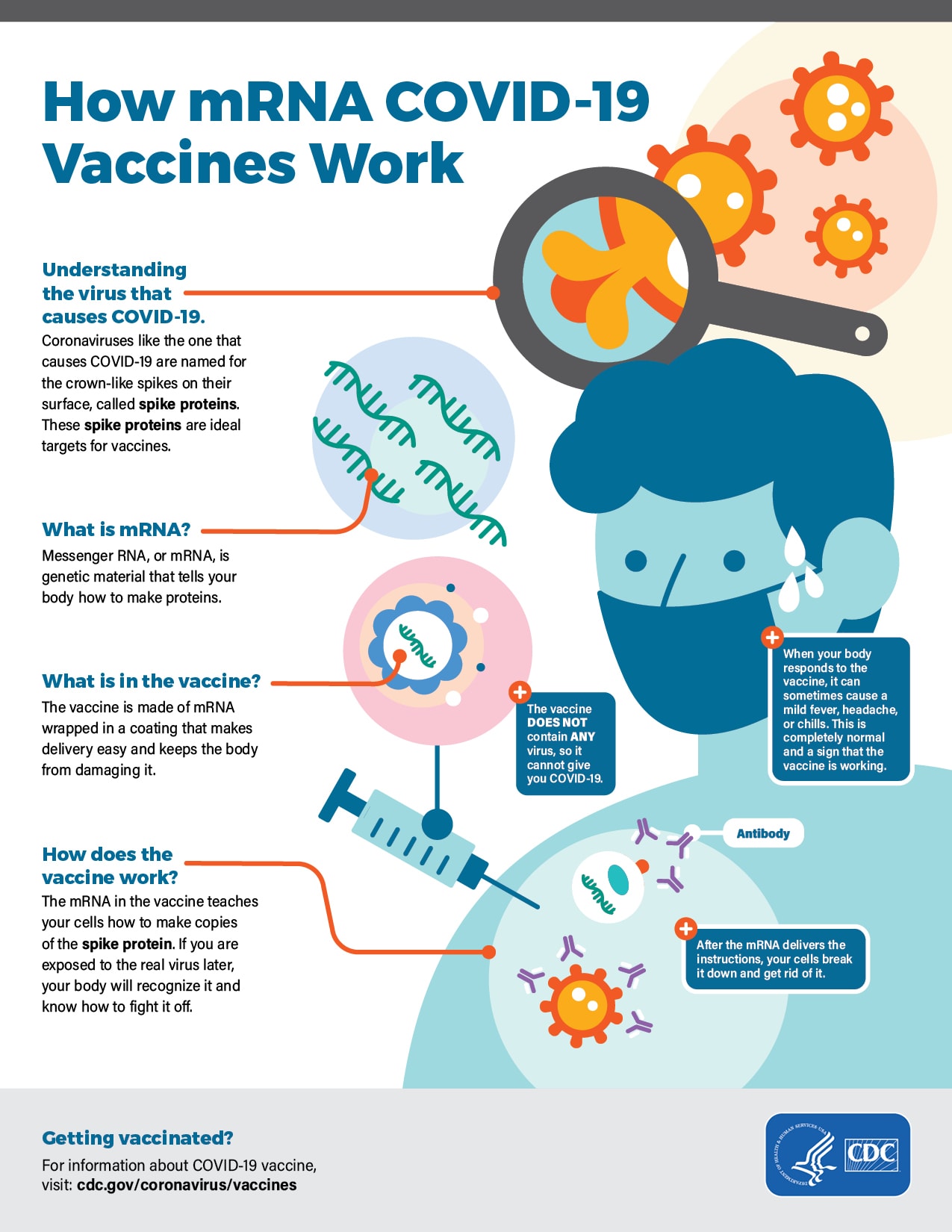 Understanding Mrna Covid 19 Vaccines Cdc
Understanding Mrna Covid 19 Vaccines Cdc
Vaccines help save the lives of millions a year.

What are vaccines and how do they work. This is how they came about - and why they matter. Of course thats a very top-level explanation of what vaccines are and how they work. Subunit vaccines include only the parts of a virus that best stimulate your immune system.
Vaccines are products that prepare the immune system to detect and eradicate certain disease-causing pathogens. Newer vaccines contain the blueprint for producing antigens rather than the antigen itself. This type of infection however almost never causes illness but it does cause the immune system to produce T-lymphocytes and antibodies.
For some vaccines genetic engineering is used to make the antigens used in the vaccine. The approval of the first COVID-19 vaccines has renewed hope across the world that the battle against the pandemic that has so far killed more than 16 million people may eventually be won. They will have a level of protection or immunity against the disease.
Vaccines are designed to prevent disease rather than treat a disease once you have caught it. Vaccines help develop immunity by imitating an infection. But were still learning how vaccines will affect the spread of COVID-19.
First COVID-19 mRNA vaccines are given in the upper arm muscle. How does vaccination work. Sometimes after getting a vaccine the.
Vaccines are overwhelmingly safe for the majority of people who receive them and they do not cause disease. After the protein piece is made the cell breaks down the instructions and gets rid of them. How Vaccines Work The Immune SystemThe Bodys Defense Against Infection To understand how vaccines work it helps to first look at how the body fights illness.
When germs such as bacteria or viruses invade the body they attack and multiply. Vaccines work with your immune system so your body will be ready to fight the virus if you are exposed. A vaccine is a type of medical treatment thats designed to prevent diseases.
Vaccines contain weakened or inactive parts of a particular organism antigen that triggers an immune response within the body. MRNA vaccines deliver information to our cells that allows them to make viral or bacterial proteins. Once your immune system recognizes the S proteins it creates antibodies and defensive white blood cells.
Vaccines train a persons immune system to recognise and clear out germs bacteria and viruses that can cause serious illness. Ultimately vaccines help reduce the. Several vaccines are being used to tackle the pandemic worldwide.
How do vaccines work. The immune system uses. It does this by teaching the bodys immune system to fight off a virus or bacteria it hasnt come into contact with before.
Once the instructions mRNA are inside the immune cells the cells use them to make the protein piece. While killed vaccines do not have this risk they cannot generate specific killer T cell responses and may not work at all for some diseases. The spike proteins are the structures that the virus uses to penetrate cells and kick off an infection.
This catalogued all the instructions the virus uses to make its various proteins. These include the spikes of the coronavirus spikey blob. All vaccines work by training the immune system to respond to future infection.
Once your child has been vaccinated they should have the ability to fight off the disease if they come into contact with it. After you are fully vaccinated against COVID-19 you may be able to start doing some things that you had stopped doing because of the pandemic. This type of COVID-19 vaccine contains harmless S proteins.
To understand how vaccines work it helps to look first at how the immune system works because vaccines harness. They strengthen your immune system by training it to recognise and fight against specific germs. They are made using killed or weakened versions of the disease-causing germ or parts of the germ called antigens.
Vaccines are a safe way of producing an immune response in the body without causing illness. Our immune system reacts to the proteins and builds up immunity to the disease. 138 Second generation vaccines were developed to reduce the risks from live vaccines.
This is how some of the COVID-19 vaccines work - and how they differ. If you become infected with the COVID-19 virus the antibodies will fight the virus. This invasion called an infection is what causes illness.
A vaccine is a type of medicine that trains the bodys immune system so that it can fight a disease it has not come into contact with before. Spike proteins are also key to how RNA vaccines work. Its much safer to get a vaccine than to get the disease it prevents.
Vaccination is the safest way to protect your child against an infectious disease.
 Covid Who Is Getting The Pfizer Vaccine First And When Can I Have It Bbc News
Covid Who Is Getting The Pfizer Vaccine First And When Can I Have It Bbc News
 Vaccine Safety 6 Common Questions Answered Mayo Clinic Health System
Vaccine Safety 6 Common Questions Answered Mayo Clinic Health System
 What Are Vaccines And How Do They Work
What Are Vaccines And How Do They Work
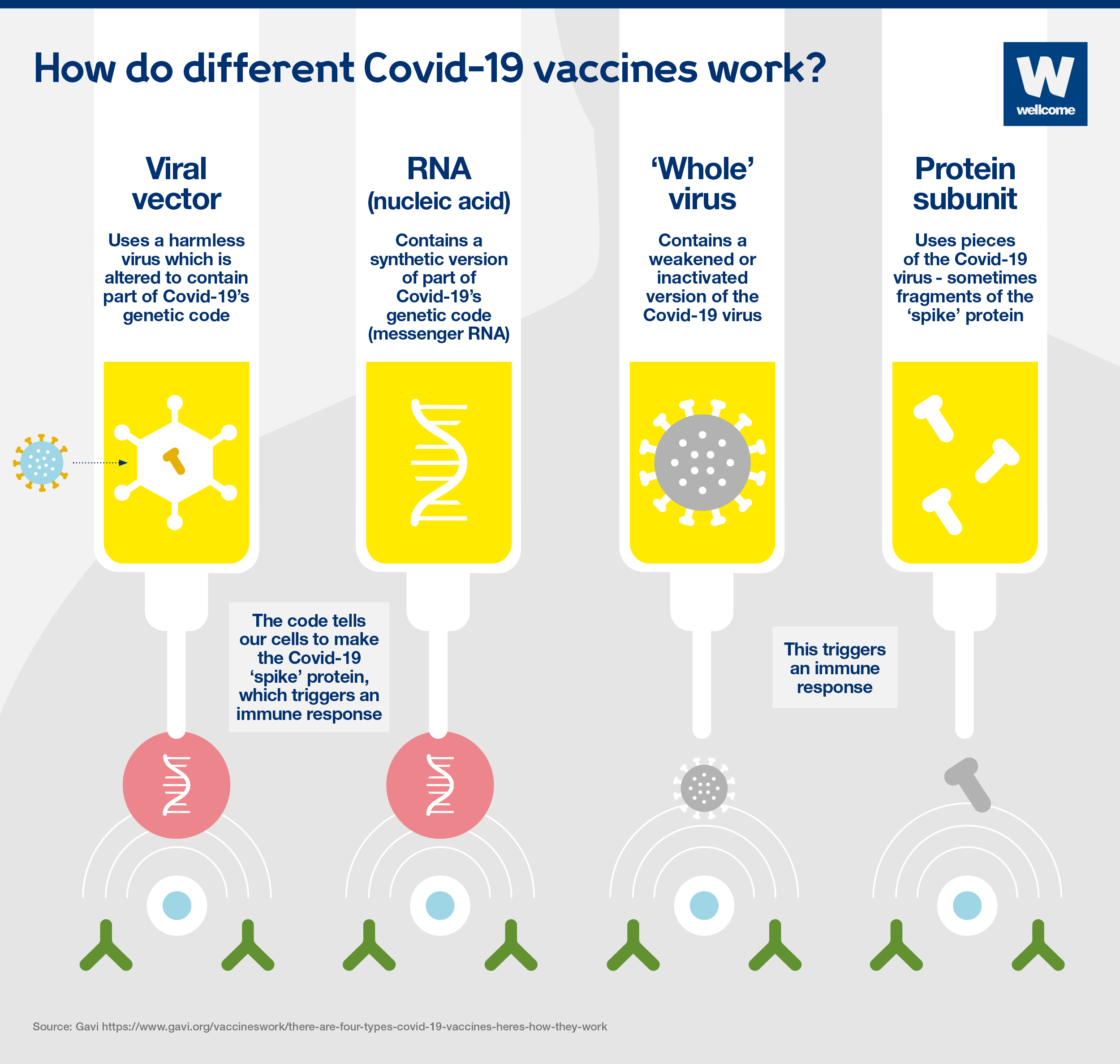 What Different Types Of Covid 19 Vaccine Are There News Wellcome
What Different Types Of Covid 19 Vaccine Are There News Wellcome
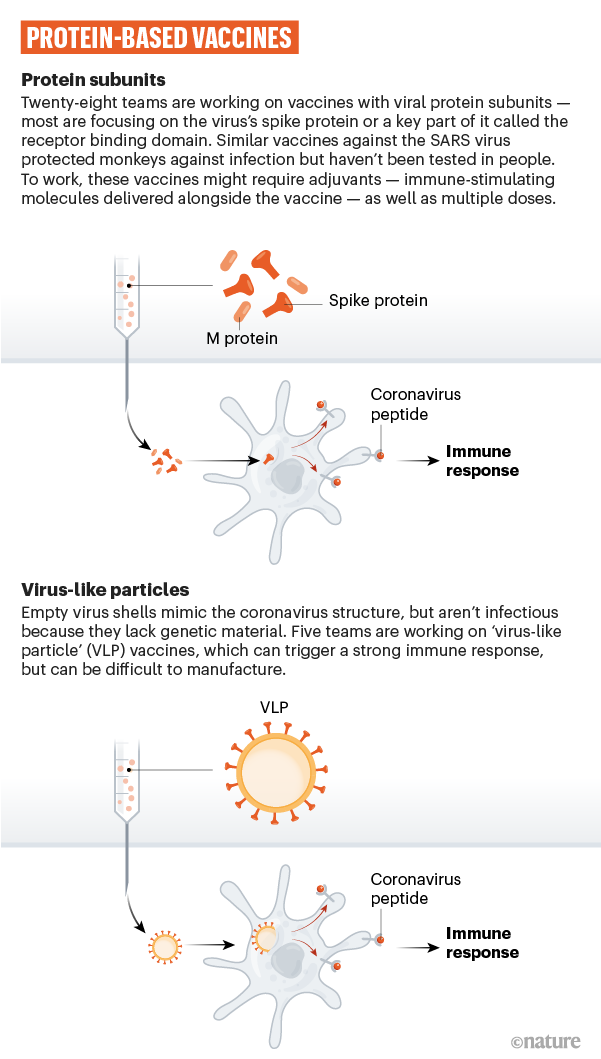 The Race For Coronavirus Vaccines A Graphical Guide
The Race For Coronavirus Vaccines A Graphical Guide
 How Vaccines Work British Society For Immunology
How Vaccines Work British Society For Immunology
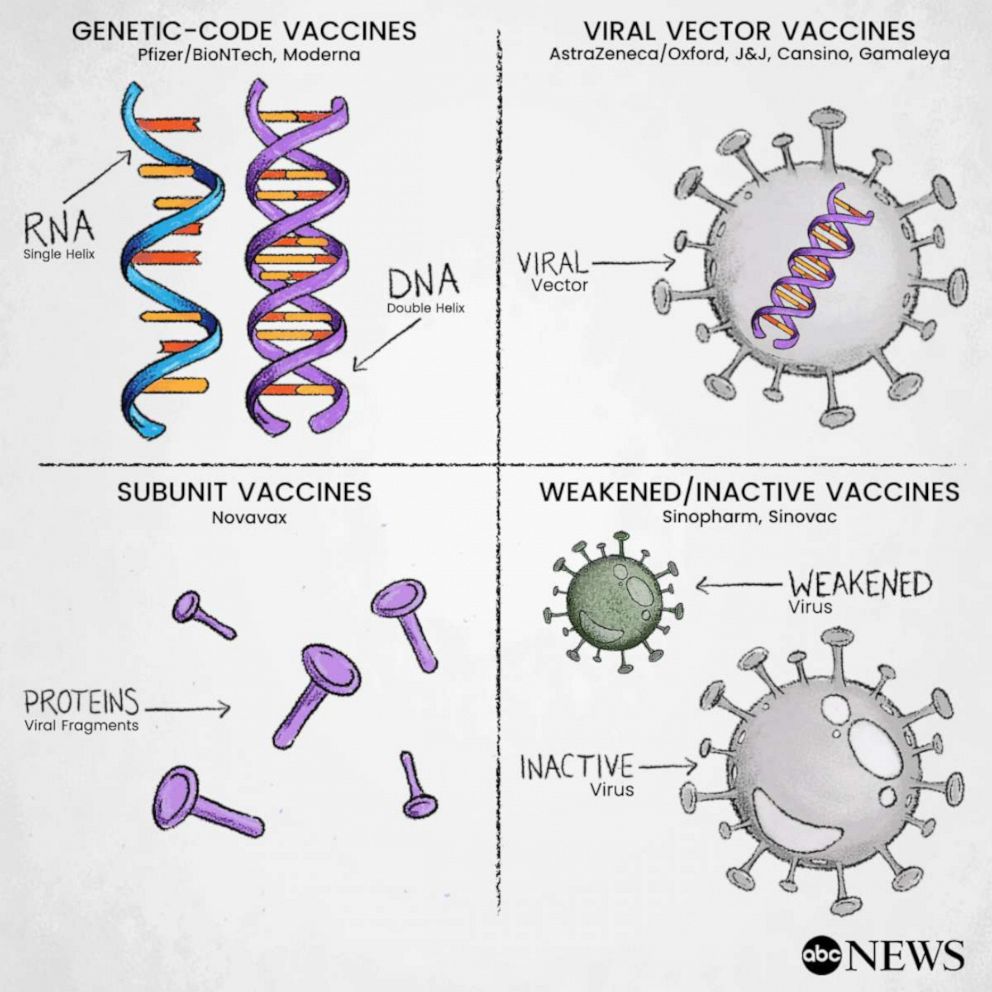 What To Know About Covid 19 Vaccines And How They Work Abc News
What To Know About Covid 19 Vaccines And How They Work Abc News
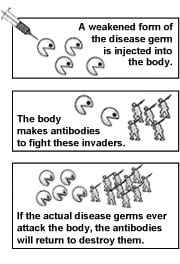 Why Are Childhood Vaccines So Important Cdc
Why Are Childhood Vaccines So Important Cdc
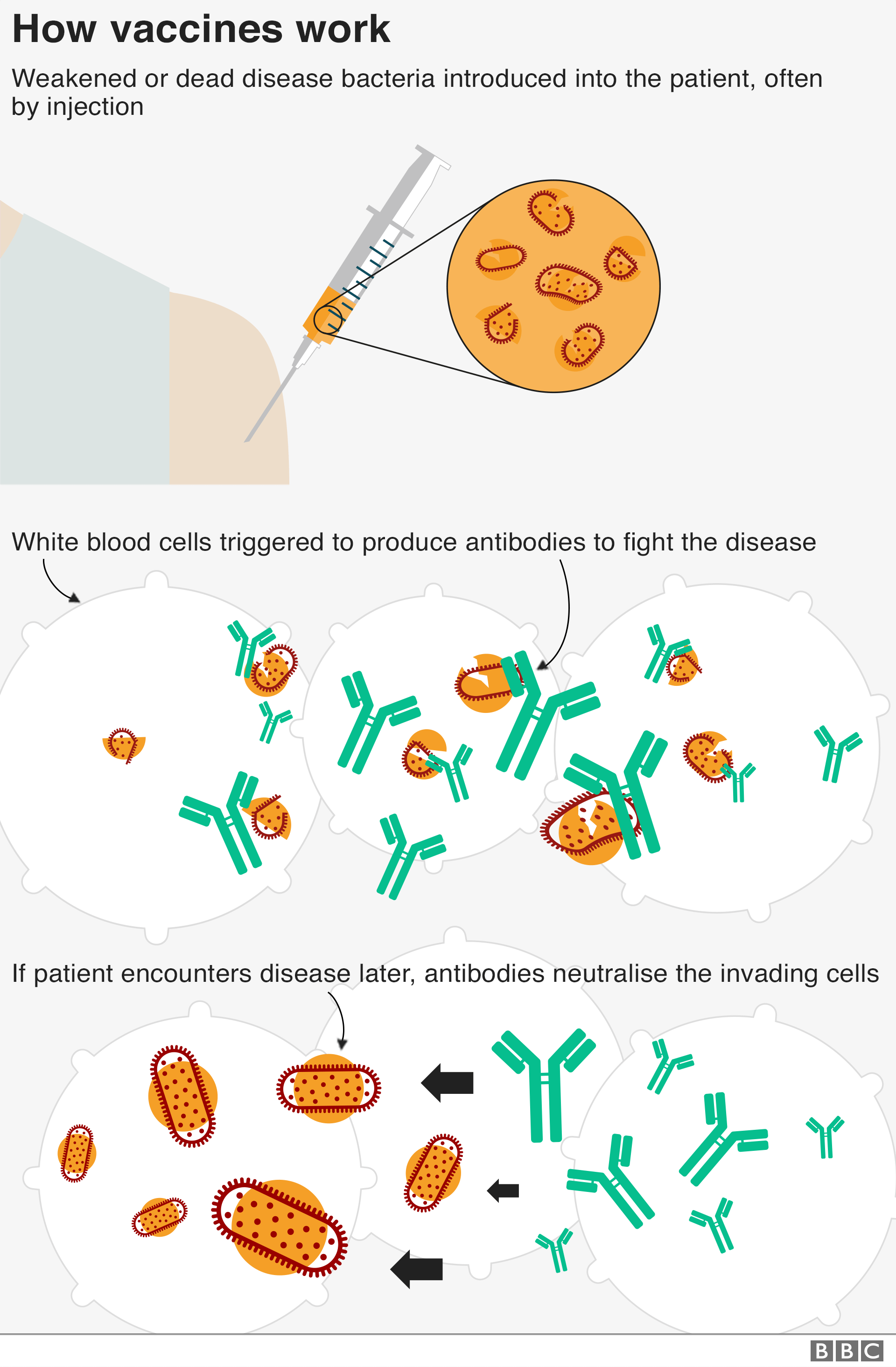 What Are Vaccines How Do They Work And Why Are People Sceptical Bbc News
What Are Vaccines How Do They Work And Why Are People Sceptical Bbc News
 What Are Vaccines And How Do They Work Boost Oregon
What Are Vaccines And How Do They Work Boost Oregon
 What Are The Covid 19 Rna Vaccines And How Do They Work Compound Interest
What Are The Covid 19 Rna Vaccines And How Do They Work Compound Interest


No comments:
Post a Comment
Note: only a member of this blog may post a comment.